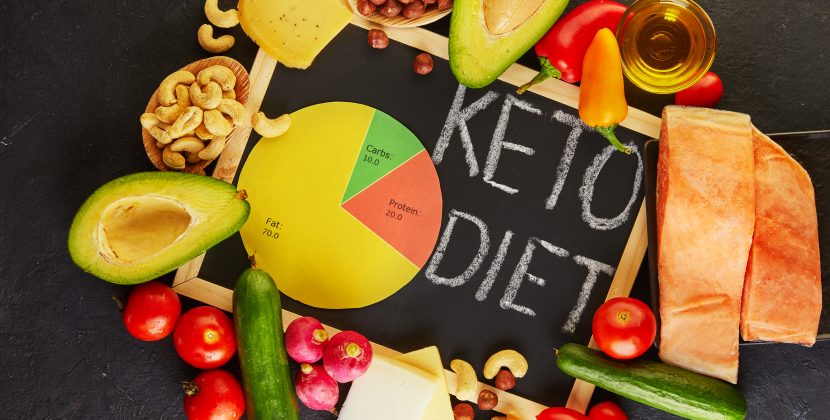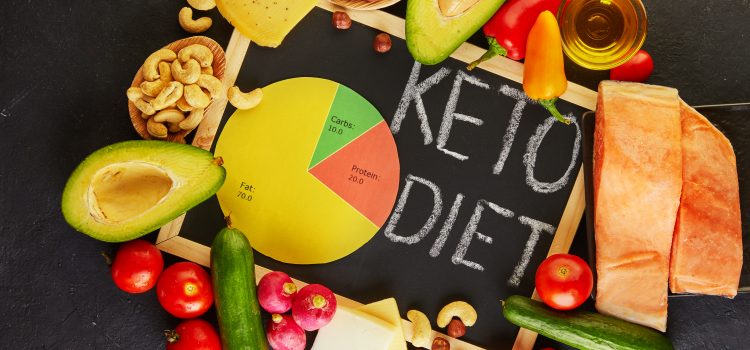
Keto, Mediterranean, or High-Protein? Which Diet Supports Male Hormones Best?
Every man wants more energy, sharper focus, leaner muscle, and stronger performance — and most think it starts in the gym. But in reality, it starts in the kitchen.
Your hormones, especially testosterone, are shaped daily by what you eat. Not just how much — but what kind of food you choose, how it’s structured, and how it affects your metabolism and internal chemistry.
So which diet actually supports optimal male hormones? In this article, we break down three popular approaches — Ketogenic, Mediterranean, and High-Protein — and how each one affects testosterone, fertility, energy, and long-term vitality.
Why Diet Has a Direct Impact on Testosterone
The male endocrine system is sensitive. Every bite you eat influences:
- blood sugar and insulin levels,
- systemic inflammation,
- fat storage (especially belly fat),
- micronutrient availability,
- and ultimately, testosterone production.
Testosterone isn’t made in a vacuum — it’s made from cholesterol, zinc, magnesium, vitamin D, and other nutrients found in food. If you’re not eating with that in mind, you might be holding yourself back without realizing it.
The Ketogenic Diet: High-Fat, Low-Carb Fuel
The ketogenic diet is based on minimizing carbohydrate intake and relying on fats as the primary energy source. Typically, it includes 70% fat, 20–25% protein, and only 5–10% carbs.
How it helps hormones:
- Reduces insulin spikes, which can improve testosterone signaling.
- Helps burn visceral fat — reducing estrogen conversion.
- Stabilizes energy and eliminates sugar crashes.
Where it may fall short:
- If too low in carbs for too long, some men experience lowered libido or performance issues.
- Difficult to follow socially and long term.
- Not ideal for highly active men without adjustment.
Best for:
Men with insulin resistance, excess belly fat, or metabolic syndrome symptoms. Also effective for reducing inflammation in overweight men.
The Mediterranean Diet: Hormonal Balance Through Whole Foods
The Mediterranean diet emphasizes anti-inflammatory, nutrient-rich whole foods: olive oil, fish, legumes, vegetables, fruits, nuts, and whole grains.
How it helps hormones:
- Provides healthy fats that support testosterone synthesis.
- Includes zinc, selenium, and omega-3s — all critical for sperm and hormonal health.
- Reduces systemic inflammation, supporting hormonal communication pathways.
Where it may fall short:
- Needs portion control to avoid excess carbs from grains or fruits.
- Requires discipline and consistency to avoid processed “Mediterranean-style” junk food.
Best for:
Most men. It’s sustainable, balanced, and easy to adapt to different lifestyles. Ideal for long-term hormonal support and cardiovascular health.
The High-Protein Diet: Building Blocks for Strength and Recovery
This approach increases daily protein intake — often 1.6 to 2.2 grams per kg of body weight — with the goal of improving body composition, muscle mass, and metabolic rate.
How it helps hormones:
- Supports lean mass, which boosts testosterone naturally.
- Helps regulate blood sugar and reduce cravings.
- Provides amino acids essential for hormone-building enzymes and neurotransmitters.
Where it may fall short:
- Some high-protein diets skimp on healthy fats, which are essential for testosterone.
- If built around processed meats, it can increase inflammation.
- Needs to be combined with healthy carbs and fats for hormone stability.
Best for:
Men who train regularly, seek muscle-building and fat loss, and already have stable hormone levels but want to optimize performance and body composition.
Which Diet Wins for Testosterone?
There’s no one-size-fits-all answer. Each diet has merits depending on your body type, goals, and lifestyle.
Keto is excellent for overweight men looking to reduce estrogen-producing fat and insulin resistance — but it must include high-quality fats and not neglect minerals like magnesium and potassium.
Mediterranean offers balance, nutrient density, and long-term sustainability. It’s the best foundation for men who want to protect heart health, cognition, and reproductive function while enjoying real food.
High-protein diets are best paired with training and physical goals but must include enough healthy fats to maintain hormonal balance.
The smartest strategy? Combine the best of all three:
- High protein for strength
- Mediterranean ingredients for longevity
- Low refined carbs to support testosterone
Final Thoughts
You don’t need a perfect diet — you need a purposeful one.
Your testosterone levels, fertility, libido, energy, and focus are shaped more by your fork than your genetics. Choosing the right fuel for your goals isn’t just about macros — it’s about micronutrients, metabolism, and hormonal resilience.
Whether you’re building a body, recovering from burnout, or preparing for fatherhood — the diet you follow today sets the stage for how you live tomorrow.










